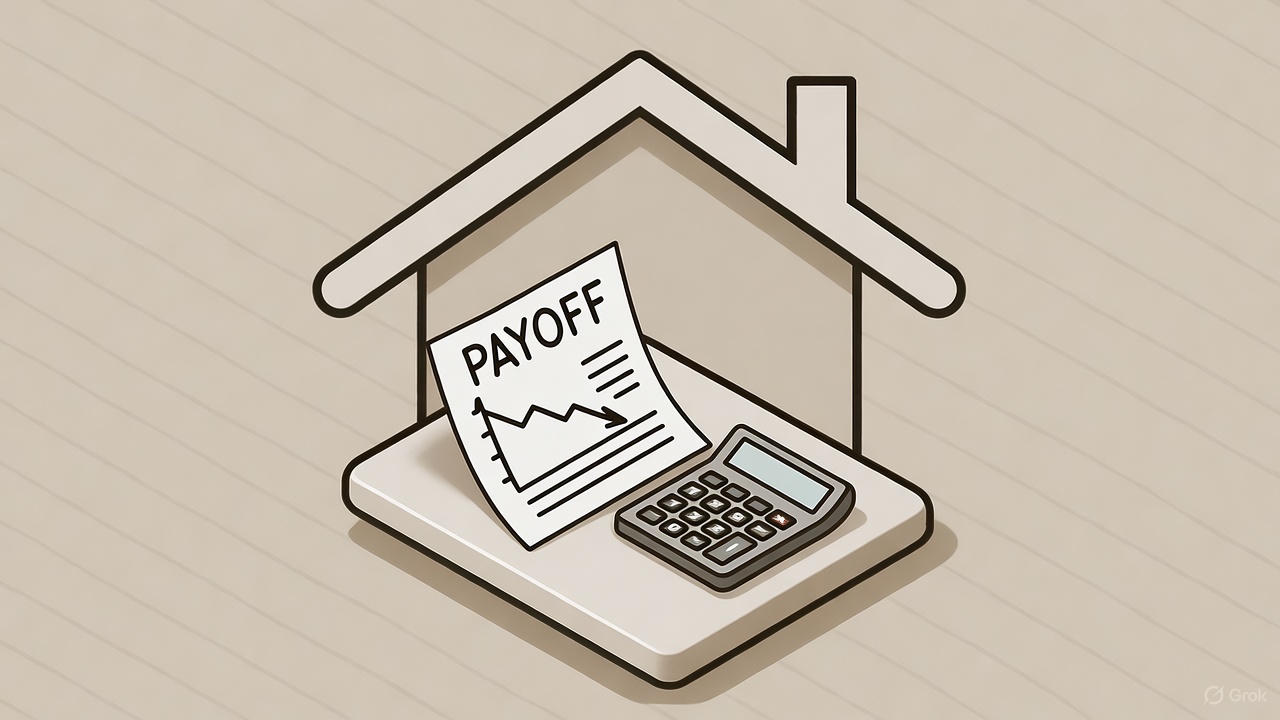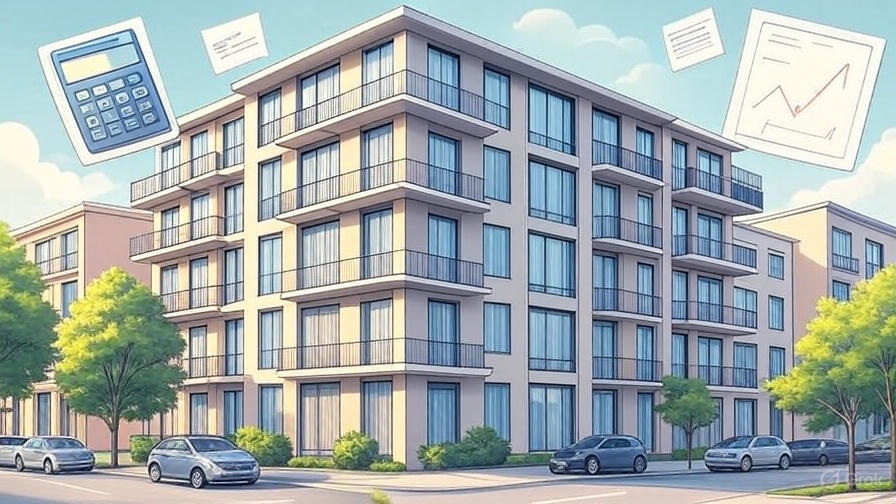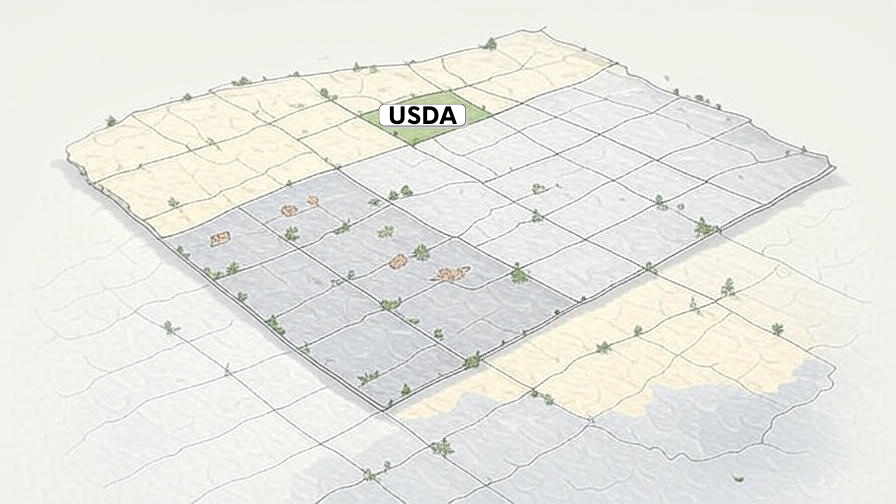First-time home buyer programs get a lot of buzz—but are they actually worth it in Raleigh, or is there more risk than reward? Let’s pull back the curtain on what these programs actually deliver, and what you need to watch out for.
What Are First-Time Buyer Programs?
Here’s a truth bomb: There aren’t many programs that are truly exclusive to first-time buyers. The most notable is a conventional loan at just 3% down—but only if you haven’t owned a home in the last three years. Most other loans (FHA, VA, USDA) aren’t actually “first-time buyer” loans at all—they just require you to live in the home as your primary residence.
Some grants and down payment assistance do have “first-time buyer” in the marketing, but what really matters is the occupancy requirement: you must live in the home as your main residence, and in many cases, stay there a certain number of years to have the grant forgiven. If you move or refinance too soon, you may have to pay it back.
- Conventional 3% Down: Only available to first-time buyers (or those who haven’t owned in 3 years).
- FHA, VA, USDA: Available to most owner-occupants—even if you’ve bought before.
- DPA & Grants: Usually require you to live there for several years before any “forgiveness” applies.
- Few true “First-Time Only” programs: Most options are about occupancy, not first-time status.
- The fine print matters: Always ask how long you must live in the home to avoid repayment.
The Real Benefits (and When They Make Sense)
- Low or $0 Down Payment: FHA, VA, and USDA all offer reduced down payments (sometimes 0% for VA and USDA).
- Credit Flexibility: FHA loans are much more forgiving than most conventional loans.
- Guidance: Some programs come with education or extra support for first-time buyers (and hey, learning is always good!).
- Grants or DPA: These can help if you have stable income but struggle with upfront costs.
But take note: Lower interest rates are not always a feature—sometimes you’ll pay market rate or even a little more depending on the program.
But…What’s the Catch?
- Limited Lender Options (NC Housing—see below): With the NC Housing grant, you must use a participating lender—usually a short list. That means you lose the ability to shop for better rates, service, or expertise outside their network.
- Extra Paperwork & Longer Processing: More steps and more people in the mix can slow things down.
- Income & Price Limits: Not everyone qualifies—especially as Raleigh home prices keep rising.
- Strings Attached: Some “grants” or DPA are really silent second mortgages or liens that don’t go away quickly.
The North Carolina Housing Grant: Not All Sunshine
The NC Housing $15,000 down payment grant sounds amazing on the surface. But here’s what I see as a mortgage broker actually working these files:
- Refinance Blocked for 7 Years: If you refinance before 7 years, you owe back the full $15,000.
- 15-Year Repayment Window: If you sell before 15 years, you may still owe a portion.
- Equity Gets Eaten Up: That $15,000 is tacked onto your FHA loan, so you’re upside down for years—especially after FHA mortgage insurance is added.
- Higher Monthly Payment: You’ll likely have a higher payment because of the increased loan balance.
- Fewer Lender Choices: Only select lenders participate. You lose the ability to shop for the best service or rate.
Bottom line? It can trap buyers—great for those with no other way in, but not always in your best long-term interest.
Are They Worth It for You?
Here’s the honest answer: Many “first-time buyer” or down payment assistance programs sound great, but you might get a much better deal by looking at other options first. Why? Because many of these programs come with restrictions or higher rates that can end up costing you more over time.
If your goal is the lowest possible payment and long-term flexibility, consider these smart moves:
- 401k Withdrawals or Loans: You can often tap your retirement savings for a down payment—ask your plan administrator for details.
- Gifts from Family: Family members can “gift” you funds for your down payment, which is 100% allowed on FHA, VA, and conventional loans (with proper documentation).
- Seller Credits for Closing Costs: In today’s more balanced (or buyer-friendly) market, it’s common to negotiate for the seller to pay some or all of your closing costs. That means you need less out-of-pocket to close, and you avoid the baggage of certain “assistance” programs.
Here’s where it gets even better: I offer a unique grant program that can cover your down payment—but with a key advantage. If the seller covers the cost of the grant through concessions at closing, the grant is forgiven immediately. There’s no waiting period, no second mortgage, and no “silent lien” hanging over your property. This means if rates drop in the future, you can refinance with zero restrictions from the grant itself. (Note: FHA loans may still require six monthly payments before you can refinance, but that’s standard across the board.)
Compare that to many state and national “assistance” programs, which often require you to wait years, pay back the funds, or carry a hidden second loan you can’t shake. My approach? No gotchas—just a clean slate as soon as you close.
Bottom line: The “best” program is the one that sets you up for the lowest payment and the fewest headaches. Let’s look at your full situation and build a plan that works for you—not just for the marketing brochure.
Next Steps
Wondering if a first-time buyer program is your best move? I’ll review your full situation, show you the pros & cons, and make sure you don’t get locked into a bad deal. No hype—just the facts for Raleigh buyers.




